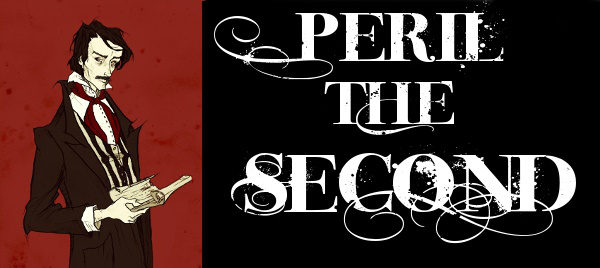 The Traveler by John Twelve Hawks
The Traveler by John Twelve Hawks
My rating: 3 of 5 stars
The following is the cover blurb: “In London, Maya, a young woman trained to fight by her powerful father, uses the latest technology to elude detection when walking past the thousands of surveillance cameras that watch the city. In New York, a secret shadow organization uses a victim’s own GPS to hunt him down and kill him. In Los Angeles, Gabriel, a motorcycle messenger with a haunted past, takes pains to live “off the grid” – free of credit cards and government IDs. Welcome to the world of The Traveler – a world frighteningly like our own. In this compelling novel, Maya fights to save Gabriel, the only man who can stand against the forces that attempt to monitor and control society. From the back streets of Prague to the skyscrapers of Manhattan, The Traveler portrays an epic struggle between tyranny and freedom. Not since 1984 have readers witnessed a Big Brother so terrifying in its implications and in a story that so closely reflects our lives.”
You are being watched.
Of course, in 2018, we all know that, and we willingly participate in the surveillance (Facebook, Instagram, Snapchat, etc.). When this book was written (2005), social media was in its infancy, and, while cell phones were everywhere, smart phones were just beginning to penetrate the public consciousness. This book takes the idea of ubiquitous surveillance and runs with it, creating a multi-tiered society: the civilians — we ordinary folk who go about our daily business blissfully unaware or simply not caring how closely we are tracked and manipulated; the Tabula — a mysterious cabal of wealthy no-goodniks who do the tracking and manipulating, for the good of society, of course; the Harlequins — an equally mysterious class of bodyguards-cum-assassins whose only purpose in life is to protect… the Travelers — people with the ability to psychically travel to other parallel dimensions.
Over centuries, the Harlequins and Travelers developed an “off-grid” lifestyle: as far as the government knows, they don’t exist. They live “off-grid” under assumed names and false identities.
To live off the grid, one must be completely dedicated to avoidance of the usual comforts, such as an established residence, electricity, and running water; or one has sufficient wealth or knowledge to provide one’s own infrastructure for those comforts (e.g., paying cash for a home, buying solar panels and generators, digging wells and buying pumps, etc.); or one has a vast network of trusted acquaintances with access to stolen identities that enable one to hide in plain sight.
Their off-grid habits weren’t perfect: the Tabula hunted the Harlequins and Travelers mercilessly and have nearly succeeded in exterminating them. The few remaining Harlequins believe there are no Travelers left. They spend their time in hiding, protecting the knowledge of their class. Then they hear that the children of the last known Traveler are still alive. The ability to travel between realms is hereditary, and thus is launched a global search for these now-grown children. Unfortunately, the Tabula also become aware of their existence, and finding the potential Travelers quickly turns into a race between two warring enemies.
A decent story, as far as it goes. Not particularly well-written, but not a complete dud.











 This review was written as part of the 2016 Award-Winning SFF Challenge. This challenge is now over, but you can find the sign-up for the
This review was written as part of the 2016 Award-Winning SFF Challenge. This challenge is now over, but you can find the sign-up for the 
 2016 Re-Read
2016 Re-Read

